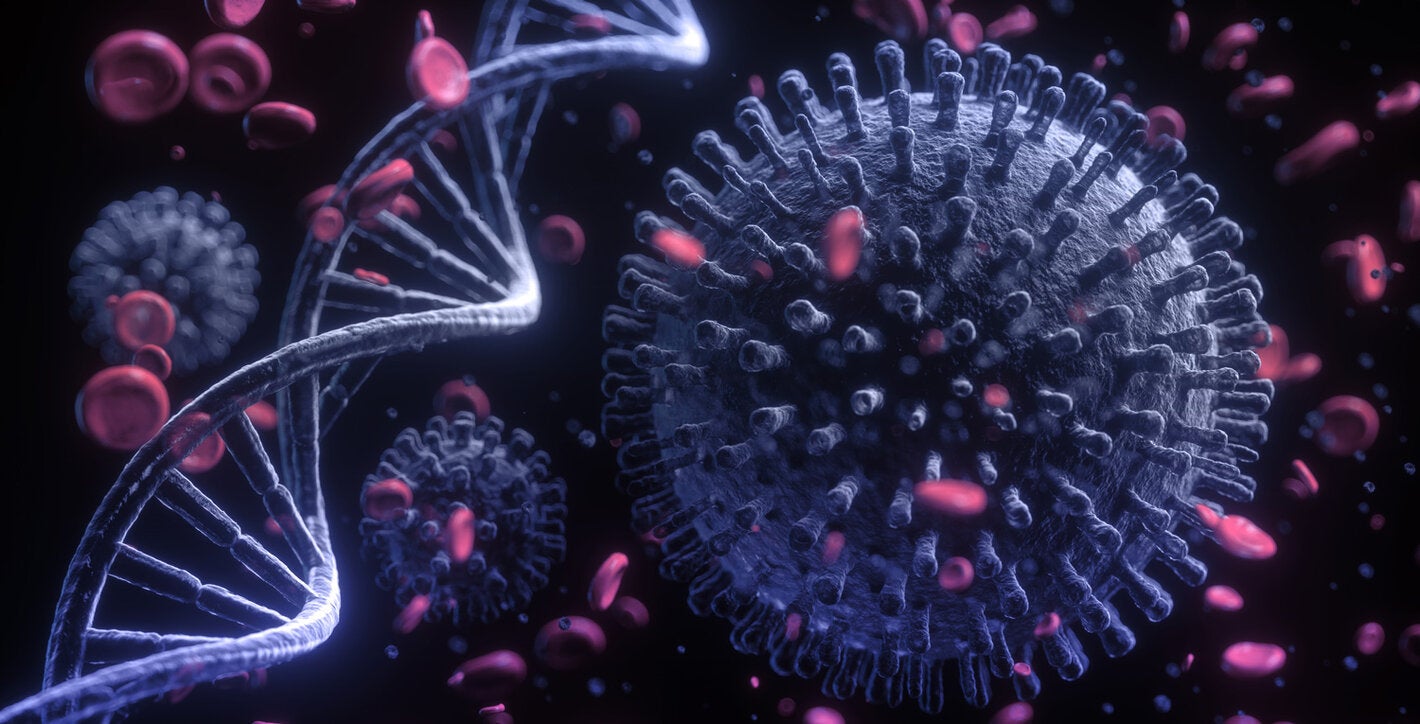The World Health Organization (WHO) reported that nearly 10,000 deaths from COVID19 were recorded in December 2022. In addition, the number of hospitalizations and intensive care unit admissions increased during the same period.
WHO DirectorGeneral Tedros Adhanom Ghebreyesus says data suggests yearend gatherings increased transmission of the virus.
“Although COVID19 is no longer a health emergency of international concern, the virus continues to circulate, mutate and kill,” Tedros said at a press conference in Geneva, Switzerland, Wednesday (12).
The increase in hospitalizations was 42% and the increase in intensive care admissions was 62% compared to the previous month. The trends are based on data reported to WHO by fewer than 50 countries, mostly in Europe and the Americas.
“It is clear that there are increases in other countries that are not being reported,” said Tedros. The WHO said in an email on Thursday (13) that Russia appeared to be the country reporting the most cases to the health agency, but stressed that “many countries have reduced or stopped reporting, which is part of the problem is”.
The JN.1 variant is now the most commonly reported variant worldwide, Tedros said. The new dominant variant appears to be much better than previous variants at infecting vaccinated or already infected people, the Washington Post reported.
“While 10,000 deaths per month is far less than the peak of the pandemic, this number of preventable deaths is unacceptable,” Tedros said. He called on governments to carry out strict surveillance and provide vaccines and treatments to the population.
Maria Van Kerkhove, the WHO's technical lead for COVID19, said at the same news conference that other respiratory infections were also on the rise around the world and that this trend was expected to continue in January.
“This year, particularly in the Northern Hemisphere, we are seeing strong circulation of many different types of pathogens,” he said, pointing to influenza, rhinoviruses and bacteria such as mycoplasma pneumonia. Van Kerkhove said that as the world reopens during the COVID19 pandemic, “these viruses, these bacteria that are effectively transmitted through the air between people will benefit.”
WHO urges people to take precautions, including testing, vaccination, wearing masks and ensuring good ventilation of indoor spaces. “It is possible that vaccines do not prevent infection, but they certainly significantly reduce the chance of being hospitalized or dying,” WHO emergencies chief Michael Ryan said on Wednesday.
Across the United States, which is experiencing another COVID19 outbreak, coronavirus hospitalizations and wastewater levels are rising as people return to work and school after the holidays. The Centers for Disease Control and Prevention (CDC) recommends receiving an updated coronavirus vaccine to increase protection against JN.1.
Mask requirements were introduced in hospitals and health facilities in Spain this week as the country sees a rise in cases of flu, coronavirus and other respiratory diseases.

